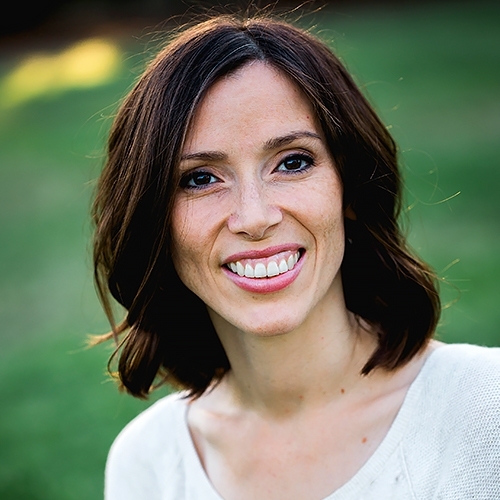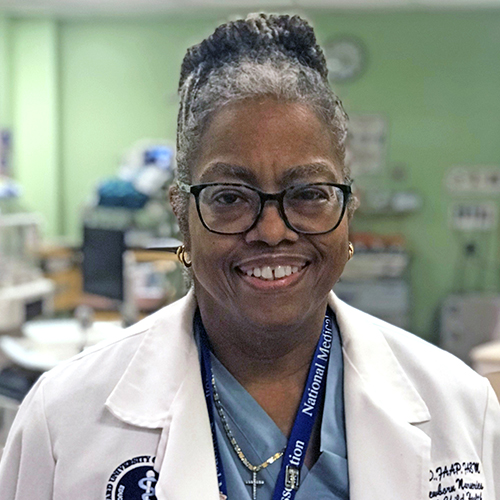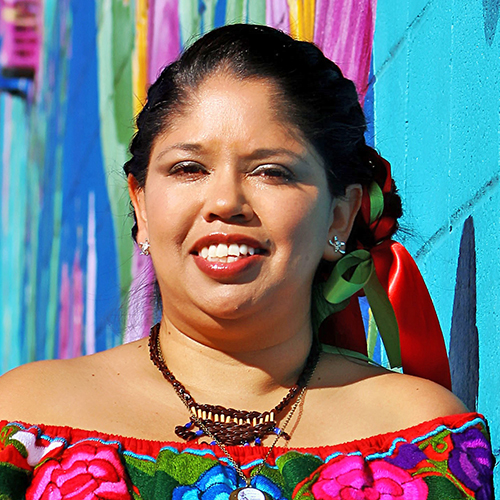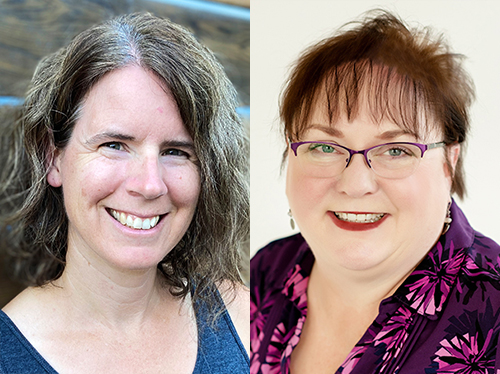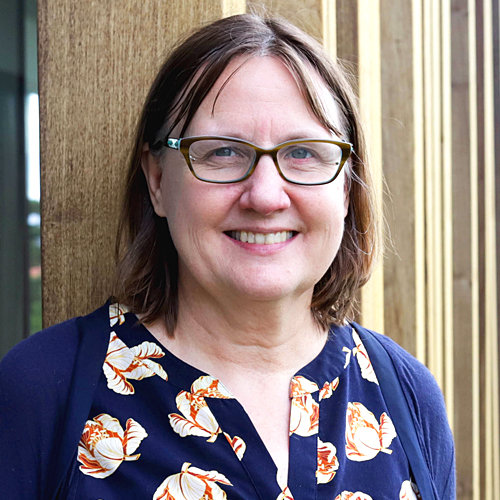 Lactation & Breastfeeding Online Course(s) & Continuing Education
Lactation & Breastfeeding Online Course(s) & Continuing Education
Access the latest clinical skills and research for Lactation & Breastfeeding for professional training. These Lactation & Breastfeeding online courses provide practice-changing skills and valuable perspectives from leading global experts. This Lactation & Breastfeeding education has been accredited for a variety of CEUs / CERPs and can be accessed on-demand, at your own pace.


I was born in Detroit Michigan and graduate from M.L. King High School in 2001. I completed a B.S. in Chemistry at Oakland University in Michigan and Ph.D. in Chemistry at Vanderbilt University. After completing postdoctoral research at Memorial Sloan Kettering Cancer Center, I began an independent career at Vanderbilt In 2014.
When antibiotics were first broadly introduced in the 1930s, they were considered the most important advancement in modern medicine. Deaths attributed to communicable diseases were drastically reduced leading to the belief that infectious diseases were conquerable. Bacteria, however, counter antibiotic chemotherapy with resistance mechanisms that result in the emergence of infections untreatable by the current artillery of therapeutics. Efforts to develop new antimicrobial agents with unique structural motifs and novel modes of action to fight multi-drug resistant pathogens are ongoing. During this seminar, I will discuss our groups ongoing efforts to develop human milk oligosaccharides as novel antimicrobial agents.

View Details / Enroll
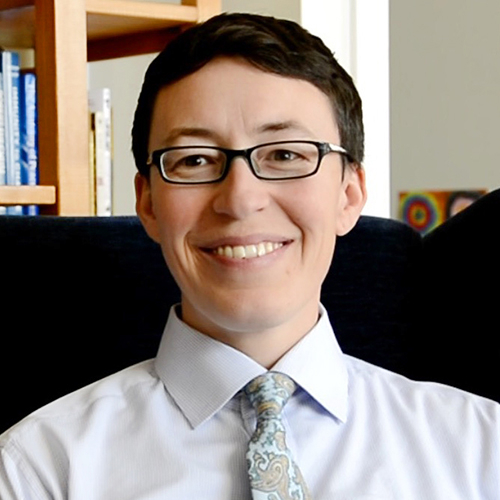
Human Rights During Birth and Lactation: Health Care Providers as Human Rights Defenders

Indra Lusero is founder of Elephant Circle and the Birth Rights Bar Association. As a Queer, Genderqueer, Latinx parent rooted in the Rocky Mountain West, Indra is attuned to the importance of people on the margins and our role in leading the dismantling of oppressive systems to build a more equitable world. Indra helped pass legislation in Colorado to eliminate the shackling of incarcerated women during pregnancy and birth, to improve midwifery and birth center regulations, and to create more humane policies for families impacted by substance use. Indra also spearheaded the creation of "Birth Rights: A resource for everyday people to defend human rights during labor and birth.
Human rights violations related to childbearing are an international phenomenon. Such violations have only recently been recognized by organizations like the World Health Organization and the United Nations, and avenues for accountability and redress remain limited across the globe. Nonetheless, empowering health care providers, including lactation professionals, with the confidence and courage to be human rights defenders is a critical step in vanquishing these harms and protecting people from conception through lactation.
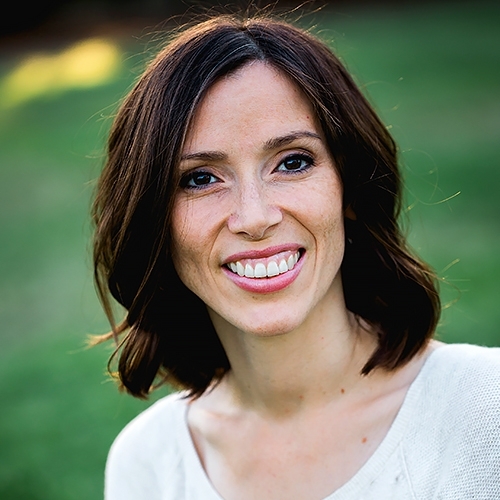

Dr. Jessie Young is a Pediatric Chiropractor near Olympia Washington who works closely with other healthcare professionals to provide comprehensive and collaborative care. She has specialized education in treating breastfeeding difficulties and is near completion of her IBCLC certification. As part of a family's health care team, Dr. Young helps resolve musculoskeletal issues causing breastfeeding difficulties including neck tension, TMJ dysfunction, torticollis, and painful latch. She also provides pre and post-frenotomy care for musculoskeletal issues contributing to tethered oral tissue. Providers, parents and patients rely on Dr. Young for her comprehensive diagnostic and treatment approaches, including modified chiropractic adjustments, myofascial release, therapeutic exercise, and craniosacral techniques. Dr. Young currently volunteers to promote literature contributions and advancement as the Research Chair for the American Chiropractic Association Council on Chiropractic Pediatrics.
Identifying musculoskeletal issues that can impact breastfeeding is an important component of proper management. When surveyed, IBCLCs reported that half were not comfortable identifying musculoskeletal issues .Referrals for musculoskeletal problems were thus hypothesized to be delayed as a result of this discomfort. It was recommended that lactation professionals could benefit from more specialized training in identifying musculoskeletal issues, as early intervention for breastfeeding difficulties is a critical determinant in success.
Attendees will be able to take away the skills and tools to better identify musculoskeletal problems, the indications for co-management/referral and the safety and effectiveness of manual therapy for suboptimal breastfeeding . Issues such as TMJ dysfunction, postural asymmetry, cranial asymmetry, myofascial and joint restrictions commonly cause suboptimal breastfeeding. Current literature supports the fact that favorable outcomes are probable when these issues are treated with manual therapy. Thus the timely identification, referral, and resolution of musculoskeletal issues is one factor that can contribute to the resolution of breastfeeding difficulties.

View Details / Enroll
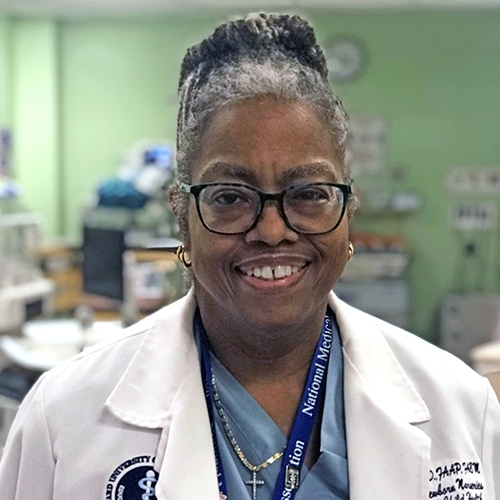

Michal A. Young, M.D., FAAP, FABM is currently an Associate Professor in the Department of Pediatrics and Child Health at Howard University College of Medicine. She also serves as the Medical Director of the B.L.E.S.S. (Breastfeeding Lactation Education Support Services) Initiative as well as Director of the NICU and Newborn Services, at Howard University Hospital. She is a graduate of Howard University College of Medicine, Class of 1979. Dr. Young completed a rotating internship in Medicine and Pediatrics at Grady Memorial and Emory Hospitals in Atlanta, Georgia, followed by a Pediatric residency in the Howard University Hospital/D.C. General Hospital Combined Program, and a fellowship in Neonatal-Perinatal Medicine at Georgetown University Hospital.
Dr. Young has several publications and presentations over a range of topics governing infant care. Her research interests are in developmental outcomes of the ELBW, HIV perinatal transmission, the Diabetic Dyad and in breastfeeding education for professionals and parents.
She is a member of Alpha Omega Alpha, a fellow of the American Academy of Pediatrics (sections on Perinatal Medicine and Breastfeeding), a Fellow and member of the Board of Directors of the Academy of Breastfeeding Medicine (Chairman of its Protocol Committee), member of the National Medical Association (a Past Chair of its Pediatric Section), Member of the Board of Directors for the D.C. Breastfeeding Coalition, Member of the Board of Directors for ROSE: Reaching Our Sisters Everywhere, Inc., one of the Chapter Breastfeeding Coordinators for the D.C. Chapter of the American Academy of Pediatrics and Board Member of the Prolacta Bioscience Foundation.
Human milk provides multiple layers of immune protection to the newborn by providing bioactive components that protect the infant from pathogenic infection, facilitate immune development and establish a healthy gut microbiome. This presentation will review the cellular and humoral components of human milk that help provide this protection. Additionally, the nutritional components of human milk that also contribute to its immune impact will be briefly explored. The long-term protective effect of breast milk on adult illnesses and disease and its presumed role will be discussed. Lastly the impact milk storage, milk banking practices and use of donor milk as mechanisms to provide immune support to the newborn will be considered. An interactive power point presentation will be used to deliver this important topic.

View Details / Enroll

Importance of Peer Counselling and the Impact of the Pandemic on Breastfeeding Dyads in Australia

Naomi Hull is a Registered Nurse, an International Board-Certified Lactation Consultant (IBCLC) and has a Master of Public Health (Nutrition).
Naomi is mum to two teenage young adults, a Rhodesian Ridgeback and five chickens. Since 2006 Naomi has been a volunteer Breastfeeding Counsellor (Cert IV Breastfeeding Education) with the Australian Breastfeeding Association, and she qualified as an IBCLC in 2010 and has worked in a small Private Practice in Brisbane. While completing her MPH at the University of Queensland (UQ) she focused her dissertation on a qualitative review of stakeholder’s perceptions of the implementation of the Australian National Breastfeeding Strategy (2010-2015).
Since then she has gone on to lead and coordinate a national team in the assessment of Australian breastfeeding policies and programs using the World Breastfeeding Trends Initiative (WBTi) Assessment Tool.
Naomi is the Senior Manager for Breastfeeding Information and Research at the Australian Breastfeeding Association, where she is responsible for the provision of up to date, evidence-based information for the general community and health professionals.
Peer counselling has a positive impact on duration of breastfeeding and is quite different to care provided in a health facility. The Australian Breastfeeding Association is a volunteer organisation that provides peer counselling, support and information to mothers and their families face to face but has always provided support via the telephone (National Breastfeeding Helpline), and also an online platform (LiveChat).
During COVID-19 isolation period in Australia, ABA volunteers reported anecdotal evidence of increased calls and a noticeable difference in the number of mothers calling for support to relactate or increase their supply, ABA decided to commence an in-house voluntary survey based on volunteer’s interactions with mothers on the topic of COVID-19.
This presentation will discuss discuss the features of peer counselling and how it works so well with breastfeeding support and the results of this in-house survey. The results provide insight into the impact on mothers, their main concerns, and insight around their impact on desire to breastfeed. The results also evaluate the experiences of peer support counsellors and their feelings about their volunteer role during this time.

View Details / Enroll

View Details / Enroll
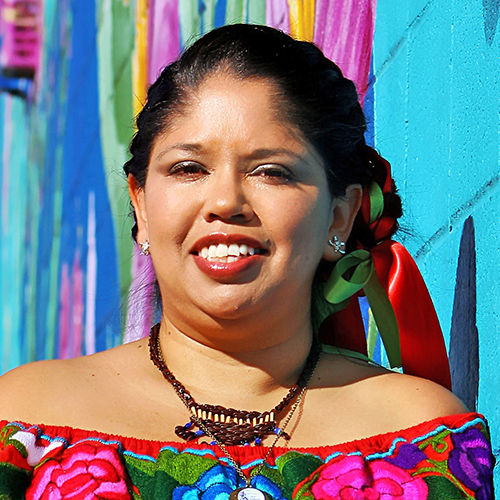
Increasing Lactation Support Through Community Partnerships

Monica Esparza is currently the Executive Director of the New Mexico Breastfeeding Task Force. She is a trained Certified Lactation Counselor and Community Interpreter who previously served families as a breastfeeding peer counselor for more than 10 years, providing peer-to-peer support to lactating families through the Department of Health Women's, Infant & Children's program both individually and in the hospital setting. She participated as a Leader in the Health Connect One Birth Leadership Academy and the NM Women of Color Leaders in Non-profit. She has served on different boards and currently sits on the National College of Midwifery Board and the New Mexico Certified Nurse Midwives Board. As a Mexican, Immigrant woman living in the south valley of Albuquerque, she brings a grassroots community approach and an equity lens into her every aspect of her work. She understands the importance of centering families and Black, Indigenous and People Of Color as a crucial step into achieve birth equity. She enjoys hiking and gardening with her husband and 2 children.
For low-income, immigrant, and rural families and their infants, access to lactation care is a critical need at one of the most vulnerable times of a child’s life. A root cause of this significant gap is the lack of lactation professionals and lactation-support training for healthcare professionals and home visitors. Knowing that home visitors are critical for families, the New Mexico Breastfeeding Taskforce (NMBTF) conducted a survey in 2020 to ascertain how to help increase home visitors’ knowledge and confidence about lactation issues so they can better support families. The survey results indicated that only 42% of home visitors had ever attended a breastfeeding class and that 100% of those surveyed could benefit from the support of lactation professionals in the communities they serve. In order to address this gap, NMBTF developed a combination of the Home Visitor Lactation Support Program and the Certified Lactation Counselors (CLC) Training programs for Lactation Education and Support Expansion in NM. First, NMBTF is piloting comprehensive lactation training for home visitors that addresses the basic lactation education they need to support the families they serve. The training program is evidence-based and includes culturally sensitive parent education, knowledge about latch and positioning, and guidance for accessing related local community resources. NMBTF partnered with home visiting programs to provide lactation education to their home visitors. Second, NMBTF worked to recruit women of color for the CLC training and provide financial aid. As CLCs, they will then be able to provide a network of expanded and enhanced lactation support in the underserved communities they serve, for their clients, and act as a resource to other home visitors.
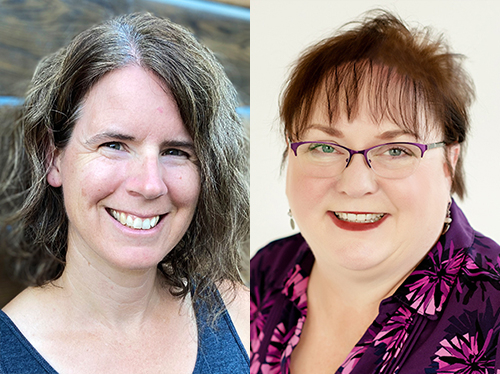
Increasing Access to Parental Breast Milk During Incarceration: The Role of the Human Milk Bank

Carrie Cohen, MA, MS, IBCLC in an instructor with the University Studies Department of Portland State University. Her Senior Capstone course, “Current Issues In Pregnancy and Birth” has partnered with the Family Preservation Project of the YWCA of Greater Portland on various projects to support families prenatally through postpartum and beyond while incarcerated. Additionally, she works as a lactation consultant serving families in Oregon and SW Washington in the United States.
Lesley Mondeaux has served as the Executive Director of Northwest Mothers Milk Bank since it opened its doors in 2013. Formerly serving on the board of directors she helped in the effort to bring a nonprofit milk bank to the Pacific Northwest. She is a registered nurse and lactation consultant with over 30 years’ experience working with mothers and babies in labor and delivery, postpartum, and outpatient breastfeeding support. In 2011 she was awarded the Oregon March of Dimes Nurse of the Year in Maternal-Child Health. She is active in the Human Milk Banking Association of North America, currently serving as the conference chair and member of the accreditation committee.
A native Oregonian, Lesley lives with her husband of 36 years. She has four amazing children.
Lactation support in US prisons and jails continues to be limited in access and scope. Up to the COVID pandemic, the rate of women incarcerated in the US rose by 800% since the 1980s. Approximately 60-80% of these women are the parent of a minor, many the primary caregiver of their child/children. Every year, approximately 10% of women entering custody are pregnant. Native American, Black/African American and women of lower educational attainment and socioeconomic standing are also overrepresented in American prisons, perpetuating cycles of intergenerational trauma and health disparities.
Enabling mothers/lactating parents to breast-feed or express milk for their infants while in custody has the potential to reduce the harm associated with infant-parent separation. Mothers have expressed positive mental health impacts from the act of milk expression and knowing their milk was reaching their infants. The availability of lactation support can help mothers manage breast health throughout the postpartum period. Infants maintain connection with their parent, while receiving all the benefits human milk brings.
Milk Banks can play a unique role in their ability to support infants, parents-in-custody and caregivers through their expertise in human milk handling, transportation and storage. Our presentation will highlight the Expressions of Care program of the Northwest Mothers Milk Bank: to provide a potential model of how organizations might further expand infant access to human milk within this important and often-overlooked population.

Infant and Young Child Feeding in Emergencies: Background, Best Practice, and What You Can Do

Karleen Gribble (BRurSc, PhD) is an Adjunct Associate Professor in the School of Nursing and Midwifery at Western Sydney University.
Her interests include infant and young child feeding in emergencies, marketing of breastmilk substitutes, parenting and care of maltreated children, child-caregiver and caregiver-child attachment, adoption reform, and treatment of infants and young children within the child protection, immigration detention, and criminal justice systems.
She has published research on these subjects in peer-reviewed journals, provided media commentary, contributed to government enquiries, provided expert opinion for courts, and engaged in training of health professionals, social workers, and humanitarian workers on these subjects.
Karleen is an Australian Breastfeeding Association Community Educator and Breastfeeding Counsellor. Since 2010 she has been a member of the Infant and Young Child Feeding in Emergencies Core Group and has been at the forefront of the development of policy, training and research in the area of infant and young child feeding in emergencies.
Topic: Infant and Young Child Feeding in Emergencies: Background, Best Practice, and What You Can Do - [View Abstract]
Topic: Milk Sharing: Comparative Risks and Biomedical Ethics - [View Abstract]
In any emergency, infants and young children are particularly vulnerable. Providing appropriate aid is vital to ensure that children have the best chance of surviving. This presentation will describe why infants and young children are at increased risk during times of crisis and outline how aid can support, or sometimes undermine the health of infants and young children. Detail on instruments to support appropriate infant and young child feeding in emergencies will be provided, along with information to assist participants in advocating for appropriate infant and young child feeding in emergencies in their context.

View Details / Enroll

View Details / Enroll


Maureen Minchin is a medical historian whose 1970s experience of motherhood resulted in her second book, Food for Thought: a parent’s guide to food intolerance, recognized as ground breaking in its treatment of infant allergy. Her third book, Breastfeeding Matters, was declared a “milestone in the history of breastfeeding” by Prof JD Baum. For 35 years she has worked extensively in the area of infant nutrition, including for WHO, and UNICEF, and teaching health professionals in Australia and overseas. She was influential in the creation of IBLCE and BFHI, and a founding (and later Board) member of both ILCA and ALCA. Maureen has continued to work free of charge with families with both infant feeding and allergy problems. After a decade in eldercare, Maureen is getting back to writing, recently helping with the online infant feeding courses being developed by the UK’s University of York and the National HS-sponsored e-learning for health project. Her latest book, Milk Matters: Infant Feeding and Immune Disorder was published in 2015.
This presentation outlines a new understanding of why early infant feeding matters, generated by recent research into the microbiome and epigenetics as well as clinical and personal experience over decades. It focuses on allergy as an bilateral legacy which compounds through generations. Emphasis is on presenting symptoms and management in the breastfeeding family, although some infant formula issues are considered.. Maternal diet in pregnancy and lactation, and the effects of allergy on families, are all discussed.
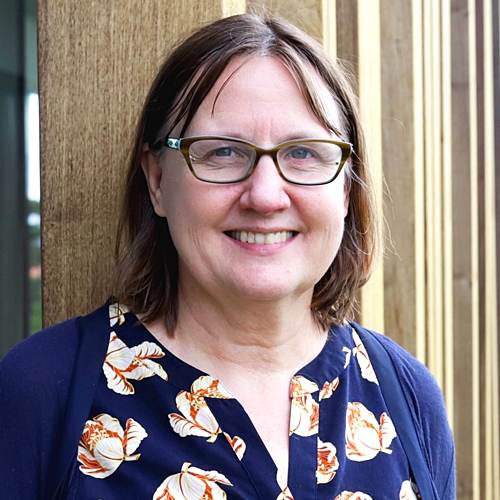

Ruth Lucas, PhD, RNC, CLS, received her Bachelor of Science in Nursing from George Mason University (1986) and her Doctor of Philosophy of Science (2011) from the University of Illinois at Chicago. Based on 20 years of supporting women and infants to initiate breastfeeding, her research focuses on the biobehavioral mechanisms of breastfeeding, such as breast and nipple pain. Dr. Lucas and her team conducted a pilot randomized control trial (RCT) as part of the Center for Accelerating Precision Pain Self- Management (CAPPS-M) (P20NR016605). The pilot RCT tested the feasibility, acceptability, and efficacy of a breastfeeding self-management (BSM) intervention for breast and nipple pain during breastfeeding and found the BSM intervention significantly reduced breast and nipple pain and is associated with pain sensitivity polymorphisms. Her published work describes management of pain during breastfeeding, a clinical indictor of infant breastfeeding behaviors, and a biomedical device to measure breastfeeding in real time.
Topic: Promoting Self-Management of Breast and Nipple Pain for Women During Breastfeeding - [View Abstract]
Infant feeding behavior is a complex neurodevelopment behavior. Infant feeding is compressed of infants’ latch and SuPPRT (sucking pressure pattern regulated over time) in both bottle and breastfeeding sessions. In preterm bottle feeding infants, the regulation of these two components is a measure of neurodevelopment. However, infants’ latch and SuPPRT in breastfeeding has not been explored. Dr. Lucas will review infants’ latch and SuPPRT during bottle and breastfeeding and explore how these differences make breastfeeding a more sensitive newborn neurodevelopmental measure. Finally, Dr. Lucas will propose why we should consider differences in infant latch and SuPPRT to be a neurodevelopmental infant measure.

View Details / Enroll





